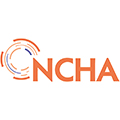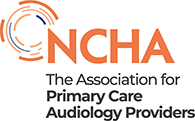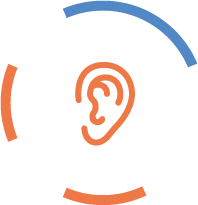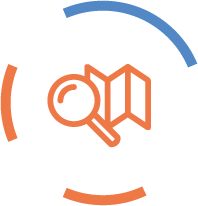29 July 2016
Tech solutions to support people with hearing loss at work
Consumer and retail technology plays an ever greater role in helping people with reduced hearing secure and stay in work, says NCHA Communications Officer Elizabeth Broad.
In the past people with reduced hearing have been forced to rely on faxes, emails and teletypewriters (TTYs) to communicate at work.
Whilst technology has opened up new opportunities for people with reduced hearing to find and stay in work, until recently, tools have often been limited one-to-one interactions in the workplace. This can create barriers to accessing employment - for example research by Action on Hearing Loss suggests that people who are D/deaf or hard of hearing are four times more likely to be unemployed than a person without reduced hearing.
In an era of high-tech consumer gadgetry, new digital solutions are beginning to bridge the ‘communication divide’ between workers, colleagues and customers.
Immersive new technologies are making the workplace more inclusive for people with hearing loss, taking advantage of high-speed video, low-cost tech and the ubiquitous use of smart phones.
Caffeine and Inclusion: Starbucks in Malaysia
Starbucks recently announced that they will employ baristas with profound or partial hearing loss at a new café in Malaysia.
The company will also provide two sign language interpreters for the hiring and training period and they will also teach sign language to their colleagues.
Customers will be able to order their beverages using sign language or through a digital kiosk and will be given an order number which will flash on a digital screen to let them know their drinks or food is ready.
The coffee giant has developed the initiative in partnership with The Society of Interpreters for the Deaf (SID) in an attempt to make their workplace more inclusive and support people with reduced hearing to get a job with the company.
Pepperoni and Professionalism
Meanwhile, a gourmet pizzeria in San Francisco is going from strength to strength thanks to new technology.
Launched in 2011, Mozzeria is the creation of Melody and Russ Stein, a deaf couple who established the first deaf-owned restaurant in San Francisco.
Customers with hearing loss were initially able to make restaurant reservations through video relay services (VRS), but now the restaurant has invested in online reservation services and LED lights have been installed in Mozzeria to notify the restaurant staff of incoming calls through a ConvoLights system.
Technology and Hearing Stigma
Opening up the workplace to more people has clear benefits, allowing people to lead independent and fulfilling lives whilst making sure businesses have access to a broader pool of talent to help them grow.
At the same time initiatives that help normalise hearing loss can also help reduced and overcome barriers to accessing work and other social environments. Technology is fast moving, and there are already products on the market that either use a tablet computer – and even a set of gloves – to interpret sign language and automatically ‘speak’ it out loud.
New technology has made significant leaps in communication - through access to mobile data, improved smart phones and the rise of social media. It has also bought the price of devices – including assistive technology devices – down significantly.
As this trend continues it is hoped that such amazing new assistive technologies can help bring hearing issues into the mainstream, breaking down barriers and helping people with hearing loss to seize new opportunities.

Press enquiries
Media enquiries should be directed to [email protected] or call 020 7298 5110.
We are happy to put you in touch with our expert policy advisers who can comment on a variety of issues.
You can also follow us on Twitter and LinkedIn.

 Your hearing and aural health
Your hearing and aural health  Commissioners and Policymakers
Commissioners and Policymakers  Member support and guidance
Member support and guidance News and views
News and views
 Hearing map
Hearing map
